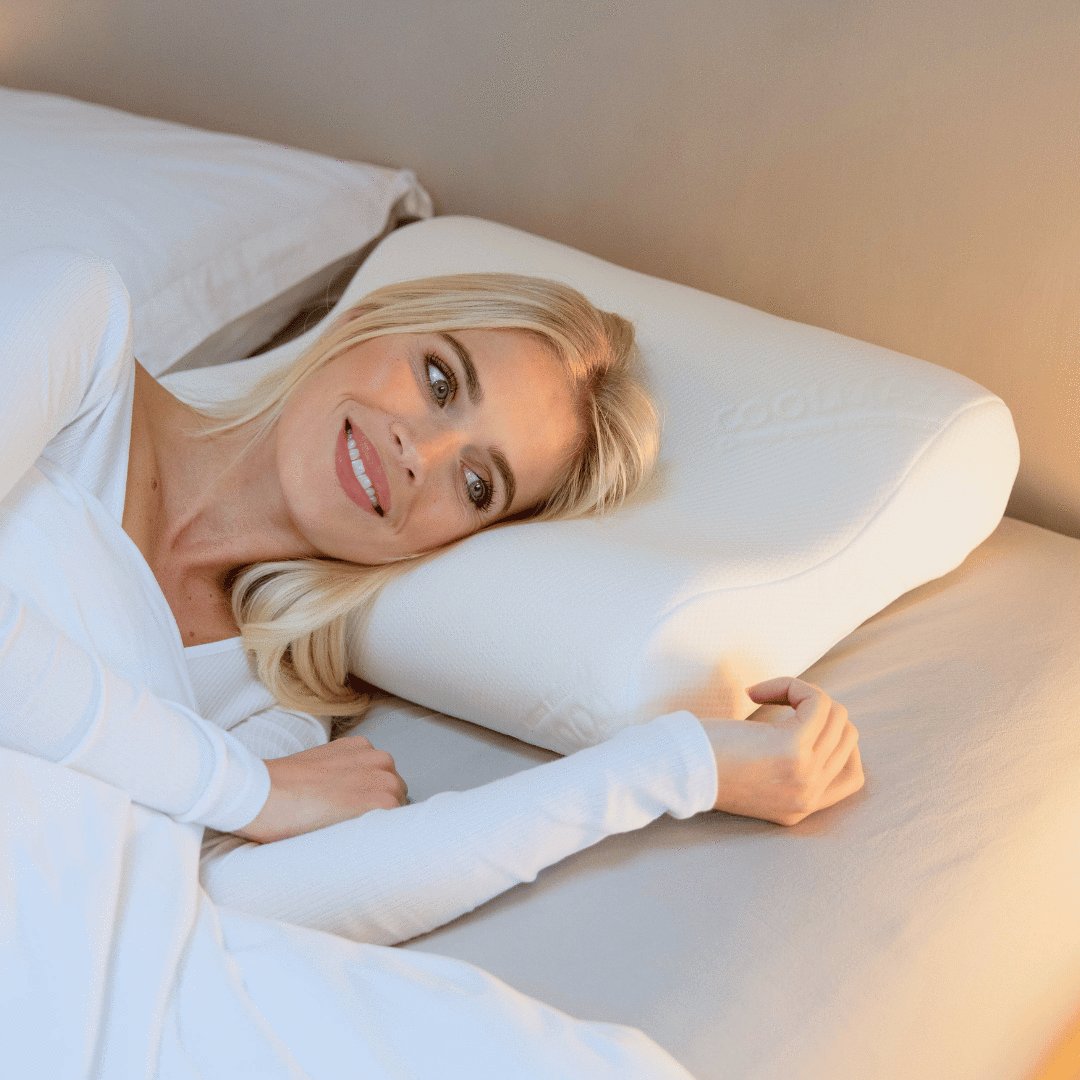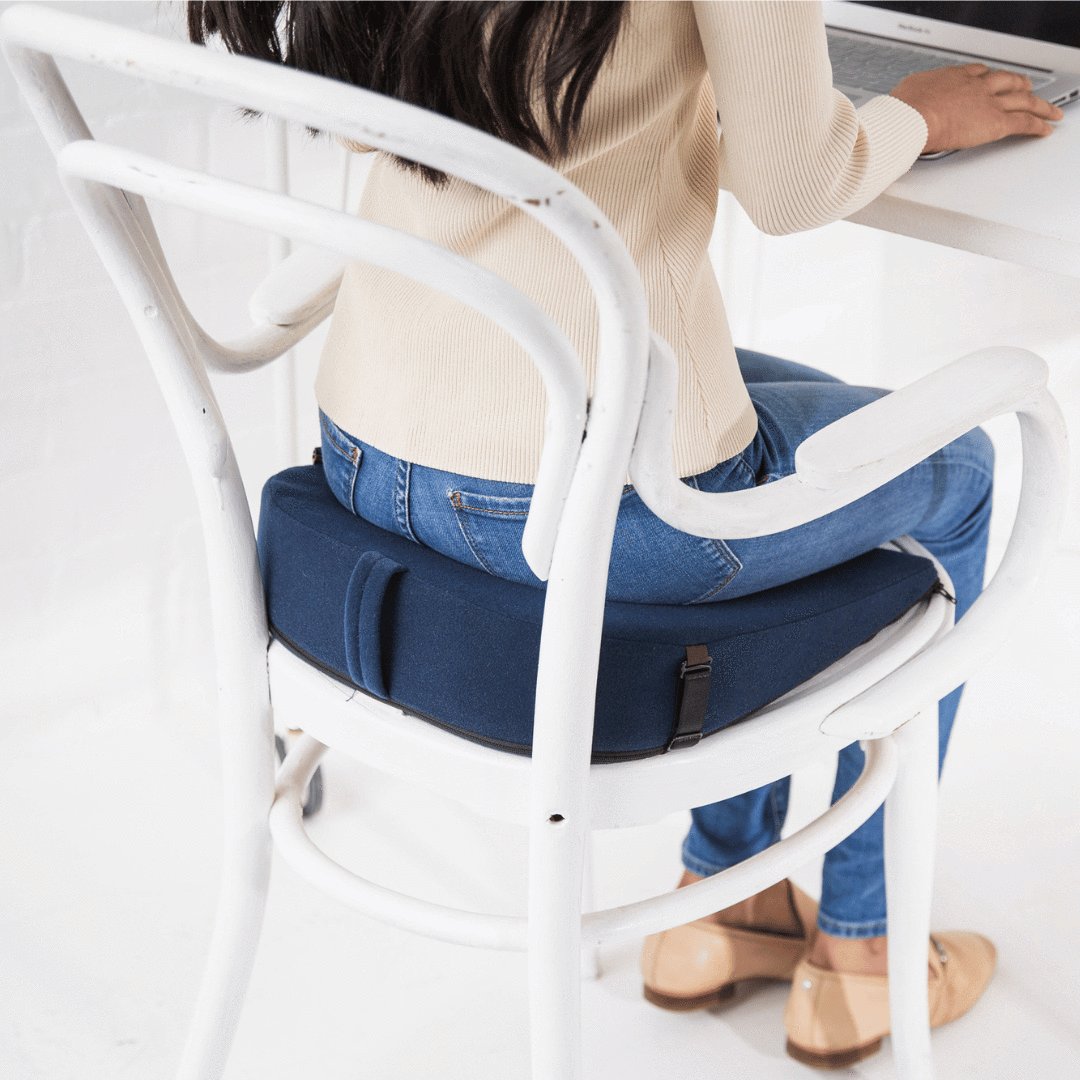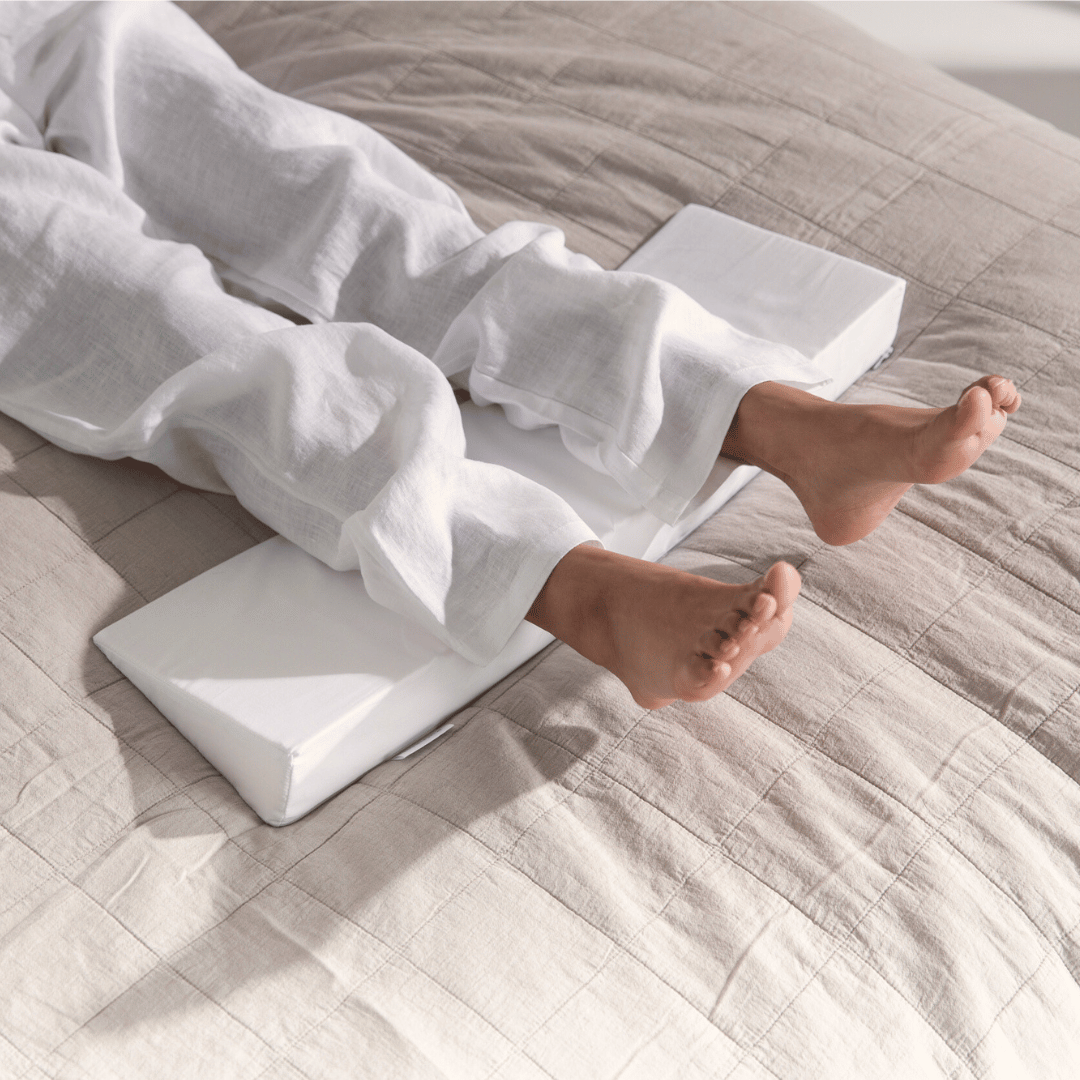404 Page Not Found
The page you were looking for does not exist.
Over 5300+ verified reviews
Over 5300+ verified reviews
The page you were looking for does not exist.
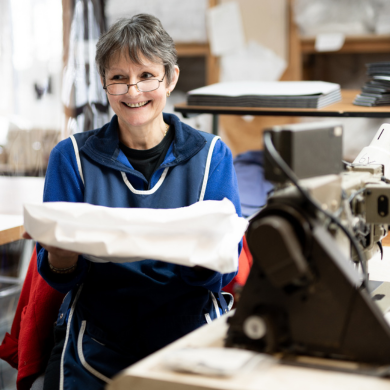
We are proud to be British manufacturers; our skilled craftspeople use traditional skills.
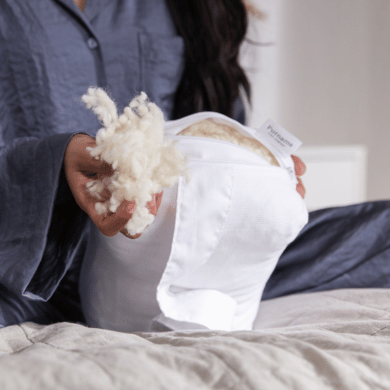
Shop our natural pillow range including; British wool, organic buckwheat hulls & graphite latex.
Pillow talk. Subscribe for 10% off your first order & to hear the latest news, discounts & promotions.


